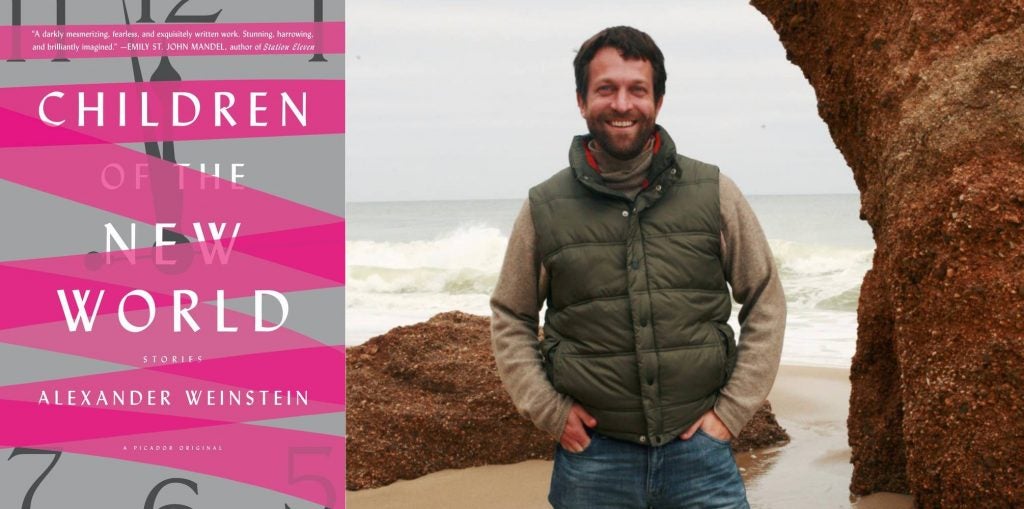On “The Bird-while”: An Interview with Keith Taylor
“As much as I try to stay open to wherever the poem is going, I know my concerns come with me to the page. Environmental concerns, political concerns, as well as literary concerns. I hope my poems can find an audience, even one outside of the usual readership of poetry — although that doesn’t really shape the composition of poems.”
On “The Bird-while”: An Interview with Keith Taylor Read More »
“As much as I try to stay open to wherever the poem is going, I know my concerns come with me to the page. Environmental concerns, political concerns, as well as literary concerns. I hope my poems can find an audience, even one outside of the usual readership of poetry — although that doesn’t really shape the composition of poems.”







